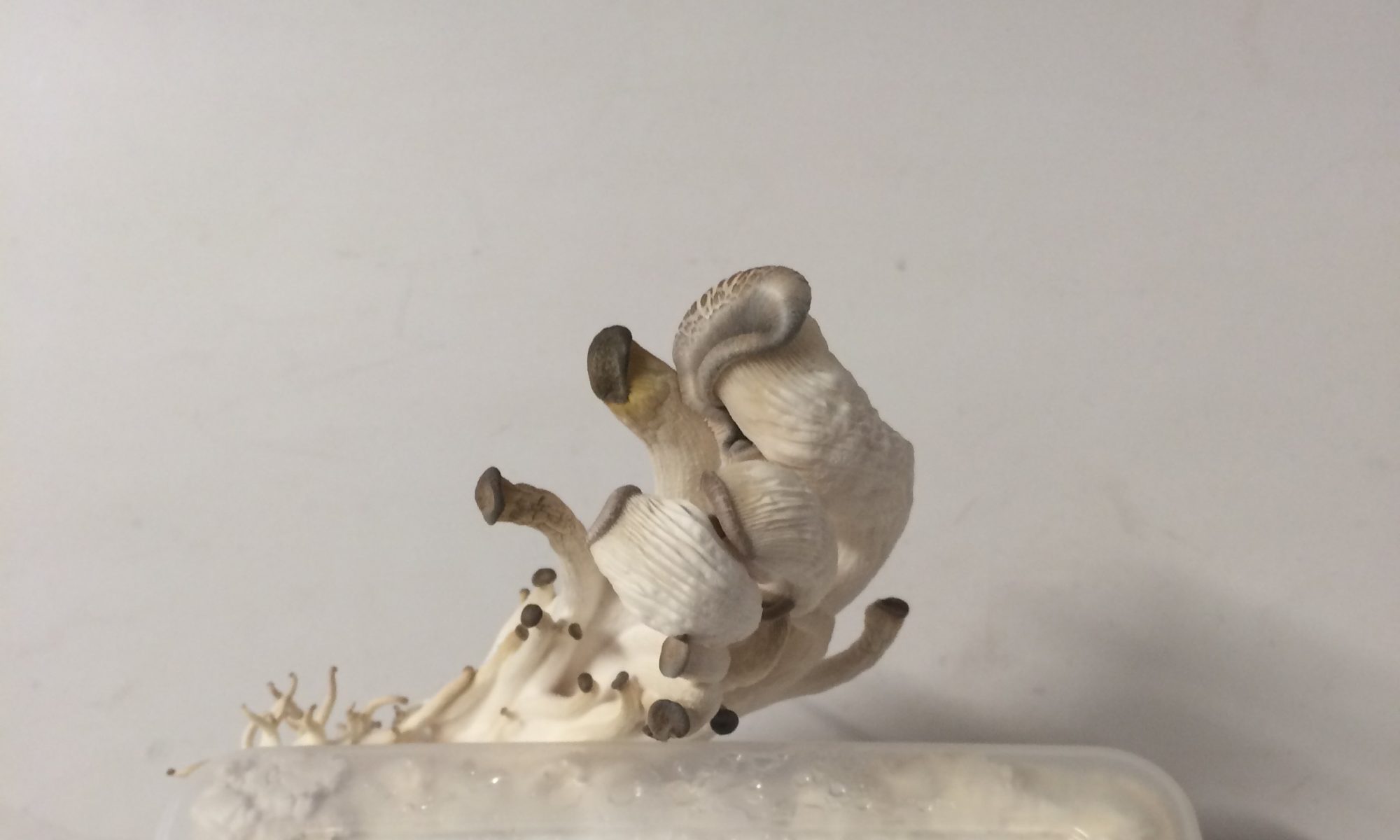NOTES:
“hexavalent chromium is a major baddie for whales, corroding the genetic material in their cells and increasing their risk for cancer and reproductive problems. I didn’t realize that we all cross hexavalent chromium’s path pretty much every day. It’s in rust inhibitors, paints, dyes and inks. The yellow lines on our roads have hexavalent chromium in them. It’s even cast in the movie Erin Brockovitch as the antagonist. Still, listening to Wise tell me about his research on it, it’s remarkable to learn that in the entire big blue sea there’s enough hexavalent chromium to make its way into sperm whales and endanger their health.”
– Ocean Alliance Toxic Gulf sperm whale research 2010-2015
Tissue biopsy is a commonly used technique of obtaining skin and blubber samples from cetaceans at sea. A crossbow is used to fire purpose-made darts, with special tips, at the side or back of the animal. The darts are designed so that on impact with the animal they penetrate through the skin and a couple of centimetres of blubber and then pop back out. They do not penetrate anywhere near the muscle of the animal. The dart has a float attached to one end so that when it pops out of the whale it floats and can easily be retrieved from the sea. Tissue biopsy with a crossbow is used throughout the oceans of the world to obtain these samples, and animals rarely show any response, besides the occasional flick of the tail, to being darted. The overwhelming majority of animals that have been darted continue behaving as they were before darting and re-approach the small boat or ship.
– CCPO
Here is a very detailed account of sperm whale darting using a compound bow, to obtain biopsies, (1990)
A video of biopsy sampling using a compound bow
